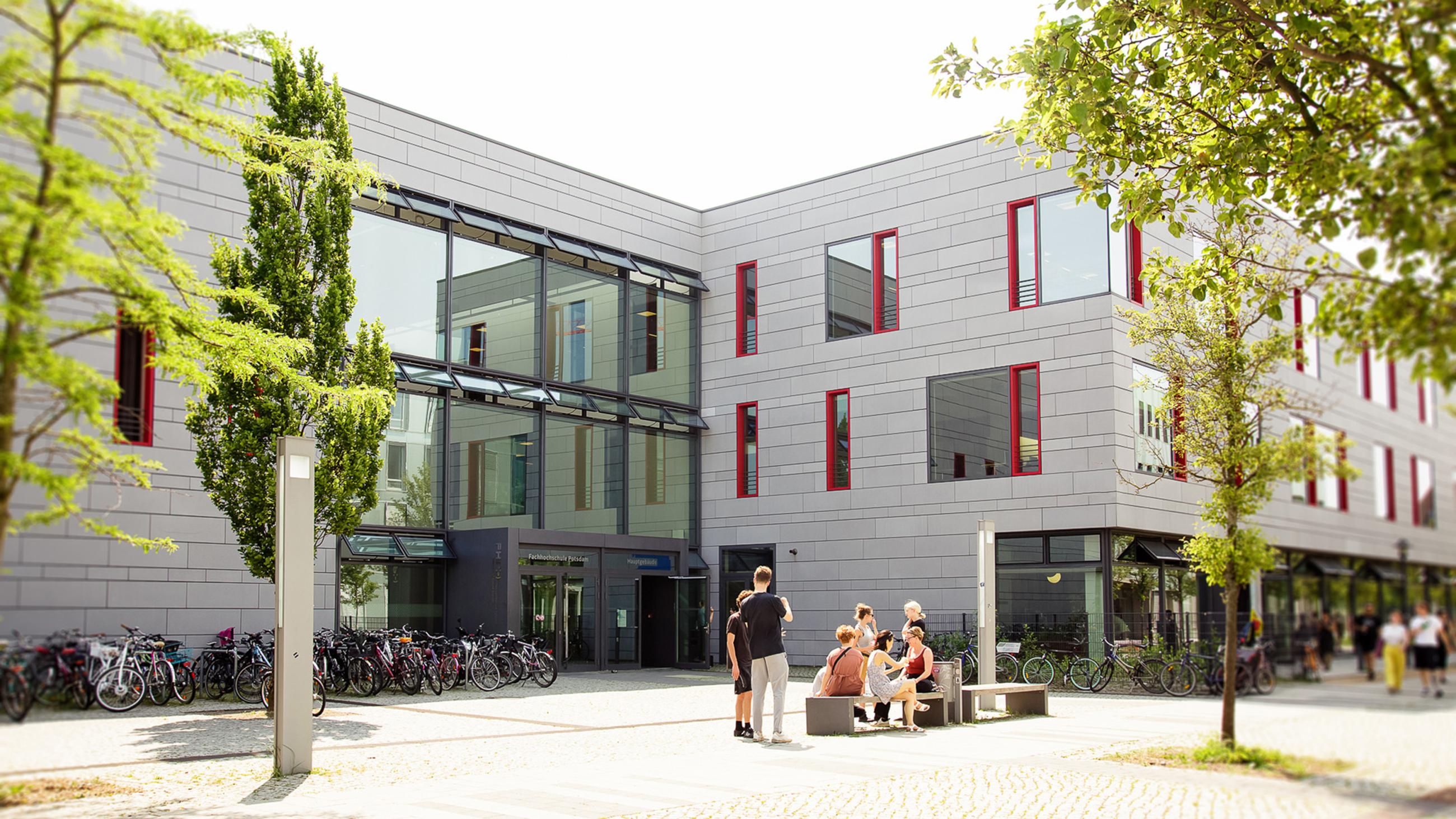Press release
MWFK and FH Potsdam sign new university agreement

Brandenburg's universities and the Ministry of Science, Research and Culture (MWFK) have set the course for the future of the higher education landscape. Science Minister Dr Manja Schüle, together with the chair of the Brandenburg State Conference of University Presidents (BLHP), presented the new Brandenburg university contracts as well as further contracts and agreements to strengthen Brandenburg as a centre of science.
The university agreement signed by Minister Schüle and FHP President Prof Dr Eva Schmitt-Rodermund between the state of Brandenburg and the University of Applied Sciences Potsdam (FHP) is an agreement on objectives. The FHP intends to strategically expand its organisational profile, improve its teaching profile and student success and strengthen and expand its research profile. In addition, knowledge and technology transfer is to be expanded and internationalisation promoted. From 2025, the MWFK will provide an additional 1.2 million euros for this purpose, which is significantly more than in previous years. This amount also includes funding for doctoral programmes. Pro rata funding is planned for 2024.
Together with Prof. Dr Gesine Grande, President of Brandenburg University of Technology Cottbus-Senftenberg (BTU), and Prof. Dr Matthias Barth, President of Eberswalde University for Sustainable Development (HNEE), Minister Schüle presented several accompanying agreements to the individual university contracts at the Potsdam State Chancellery:
- Joint agreement on cross-university facilities
- Reissue of the 'Brandenburg Quality Standards: Gender-equitable, family-friendly and life-phase-orientated studying and working in higher education'
- Perspective paper on the further development of the Brandenburg higher education system
All contracts and agreements are based on a multi-year process in which the Science Council assessed the Brandenburg higher education system and made recommendations for its further development. In the higher education contracts, development goals are agreed with the respective universities and specified by means of indicators and milestones.
The contracts with a term of four and a half years (1 July 2024 to 31 December 2028) contribute to the long-term planning security of the universities. In addition, the 'Quality standards for equal opportunities and family orientation at Brandenburg universities', which have been in place since 2010 and were updated in 2017, were renewed and cross-university cooperation in various institutions was secured. The perspective paper sets out medium to long-term prospects for Brandenburg's higher education landscape.
Contact us
University Communication
